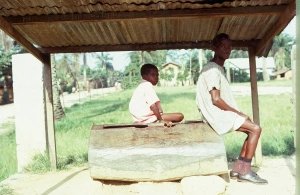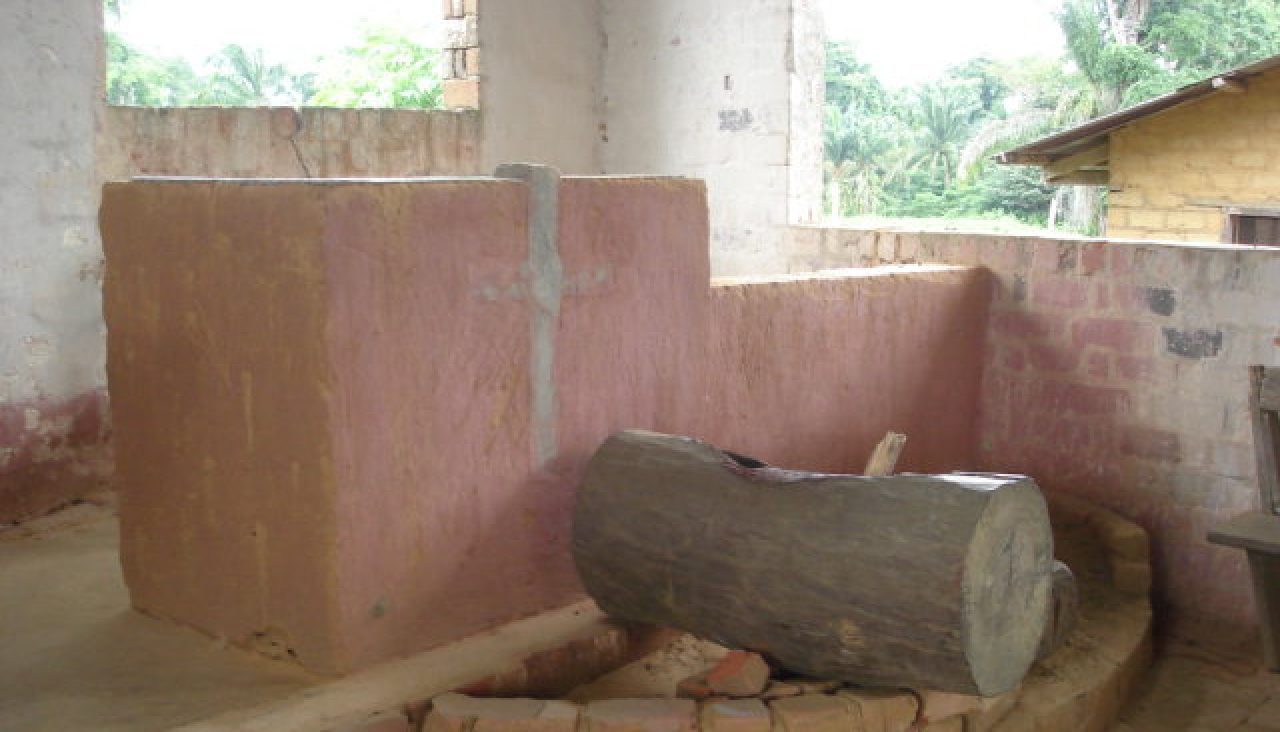On leaving Mbandaka after the two months’ stay here I want to write about a couple of the more challenging aspects of life here. I hope what I have learned in dealing with them will help make the stay of other travelers more pleasant and fulfilling.
The regular requests for financial help from both strangers and friends will annoy and disturb. Well into my second month, I learned that even a little something given in response will often suffice.
Early on, I turned away requests for help paying school fees thinking that anything less than full tuition support would disappoint. I now realize that any sort of gift can be satisfying. A few oranges, a shirt, a ball or deck of cards recognize and affirm the person making the request. How this works is still a mystery but seems to have something to do with the satisfaction, if not power, gained from relating to another and to a foreigner in particular. What I can unequivocally state is that no gift has been turned away or scorned.
It is also important to remember that such requests also represent an opportunity for the other to reveal and teach us about life in this very different environment and culture. An hour plus conversation with a retired minister covered his objectives to marry again following the death of his wife, to build another house, and to buy new mattresses for his children and himself. With such large goals, I thought there would be no way to avoid disappointing him. I was slightly stunned and quite relieved by his gracious thanks for my gift of a sum equivalent to a few “toleka” rides on a taxi bicycle – or a couple of cups of coffee in the U.S.
But prayer in such situations also helps greatly. When the needs are daunting and surpass anything you are able to do, consolation comes in joining with the other in experiencing the realm where all is possible and answers are beyond our grasp and comprehension. The power of prayer in such encounters and relationships has been among the greatest pleasures of my stay. Both the prayers of others and my own prayers seem to have touched new places within me. So for those few visitors whose pleas for help were met solely by my offerings of prayer, I should single them out with words of thanks for their visits.
I have also learned that the frequent delays and waiting normal to life here can enrich and fulfill. Life is so different here it is hard to imagine being bored or not being able to learn something in any setting. Like the constant activity on the river, life teems and fascinates. But even when there seems little to attract one’s attention, the opportunity to reflect on what one is feeling and thinking has brought rewards. Giving myself, or being given, the chance to check in on myself has made myself, as well as life here, more fascinating. And for someone who always avoids waiting in lines if at all possible, this learning too will I hope transfer to my life in the States.

